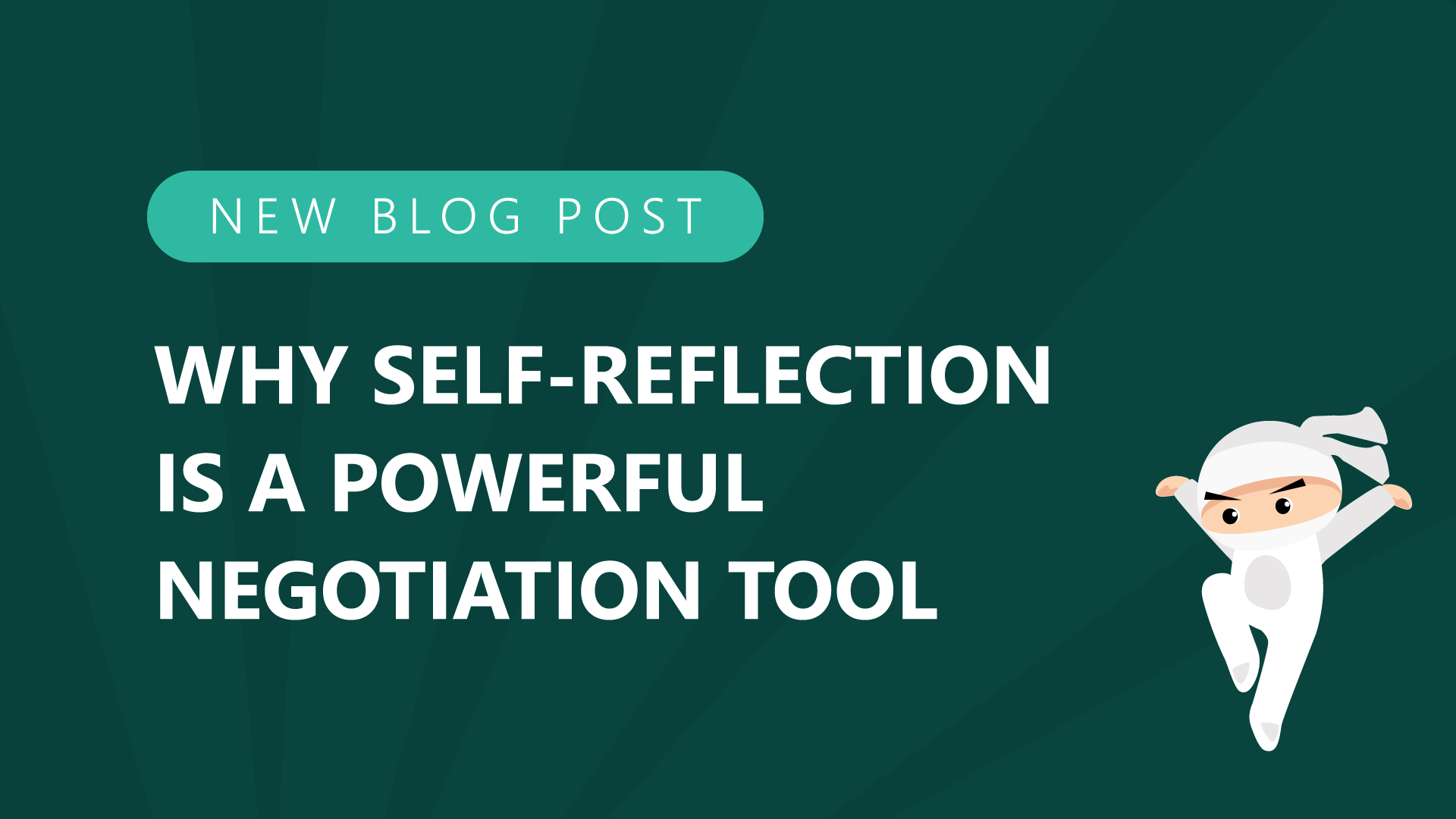Enda Is the Managing Director of Mediation Northern Ireland. He jokes that he’s a recovering mechanical engineer. He lives in Northern Ireland and became involved in conflict resolution as a teenager. One day—the organization he’s now the director of—offered a one-day course on mediation in his community. He wanted to do that for the rest of his life.
He got a Master’s Degree in theory, culture, and identity. He’s been involved in conflict resolution, mediation, and negotiation for well over 20 years. He’s been working with the WHO, founded the Negotiation Program at Queen’s University Belfast, and is a Tutor and Lecturer at the Saïd Business School, University of Oxford.
If you teach and train others, you have to be entrenched in what you’re training. He’s passionate about where theory meets practice. It makes a difference in reality.
“You’re no good to other people if you’re no good to yourself.”
It’s a powerful statement that Enda Young makes in episode #419 of Negotiations Ninja, one that should lead to some self-reflection.
You have to approach whatever you’re doing as a holistic negotiator. That means that you need to have a grasp of where you are emotionally at any given moment.
You need to look at where you’re at before you walk into a negotiation. Are you emotionally prepared? How do you want to feel before you go in? How do you want to feel when you leave? What could someone say to you that might send you sideways?
You have to take care of yourself emotionally, physically, spiritually, etc. in order to benefit the people you work with.
- How much sleep are you getting?
- How much caffeine are you drinking?
- Are you exercising?
- Are you eating healthy?
Will your health affect you as a negotiator? A leader in the field of conflict resolution needs to model healthy behaviors. It’s too easy to get burned out.
How to coach others on self-reflection
I had a conversation with friends a couple of weeks ago. One friend blew up. I realized that it only happens with me. When I paused to reflect, I realized that I am the person who’s creating a situation, intentionally or not. I realized I wasn’t creating the right conversations for that person to thrive. It was a difficult realization.
Too many people don’t take time to reflect on the situations they’re part of in everyday life or at work. Can we coach others to be more reflective? Conversely, is there a danger to too much introspection? We could ruminate, be overly critical, and get stuck.
But Enda believes that a lack of self-reflection may be more dangerous. However, he emphasizes that deep self-reflection should be done alongside a coach. Why?
If someone is presented with some 360-degree feedback, it’s often difficult. If you’re unfamiliar with the concept, it’s when you receive feedback from subordinates, peers, colleagues, supervisors, etc.
Most leaders are left to deal with this feedback themselves. However, a good 360 must be run in parallel with a coach to help you unpack the results in a structured manner. Because often, self-growth is painful. It’s beneficial to have a coach walk alongside you through the process.

